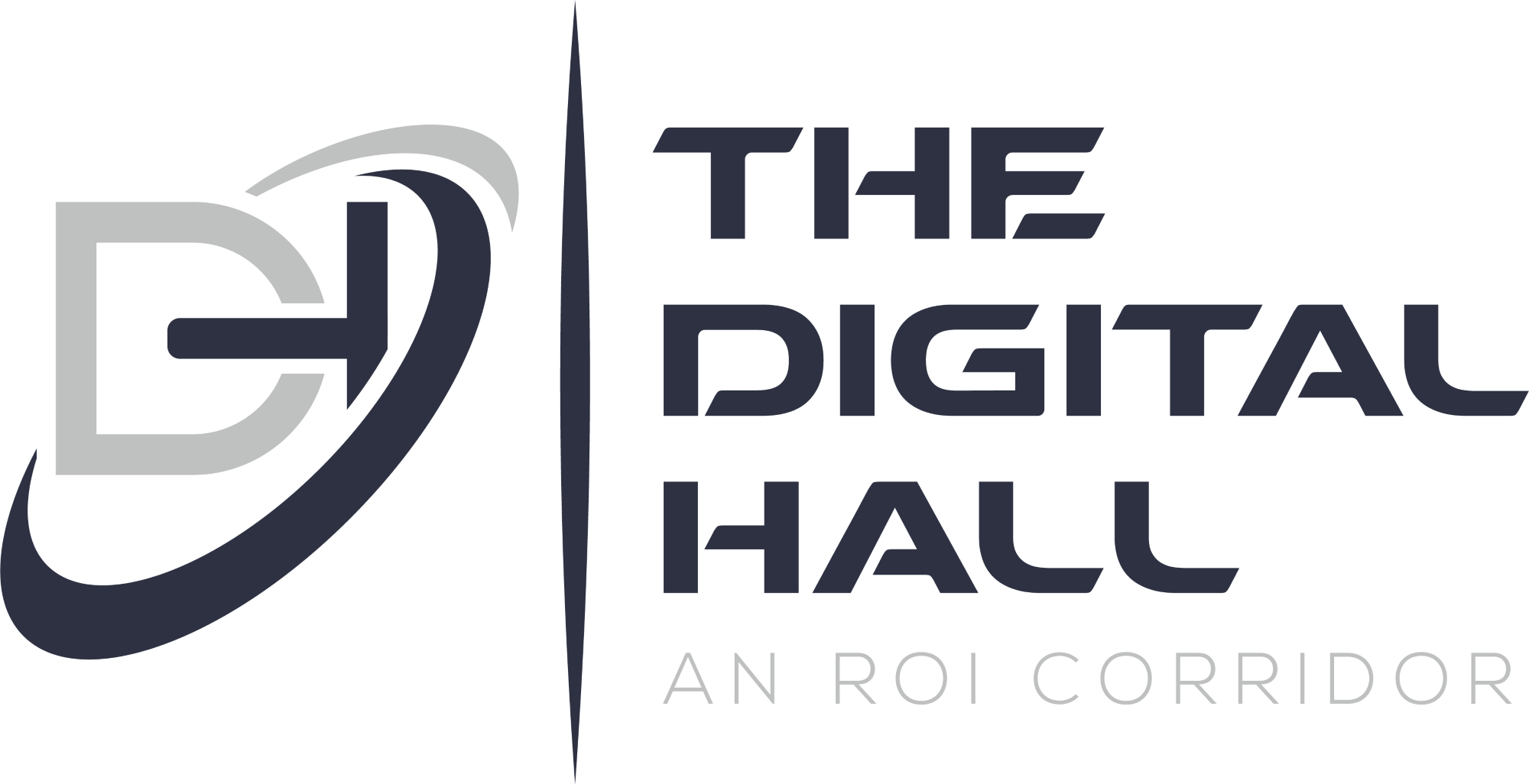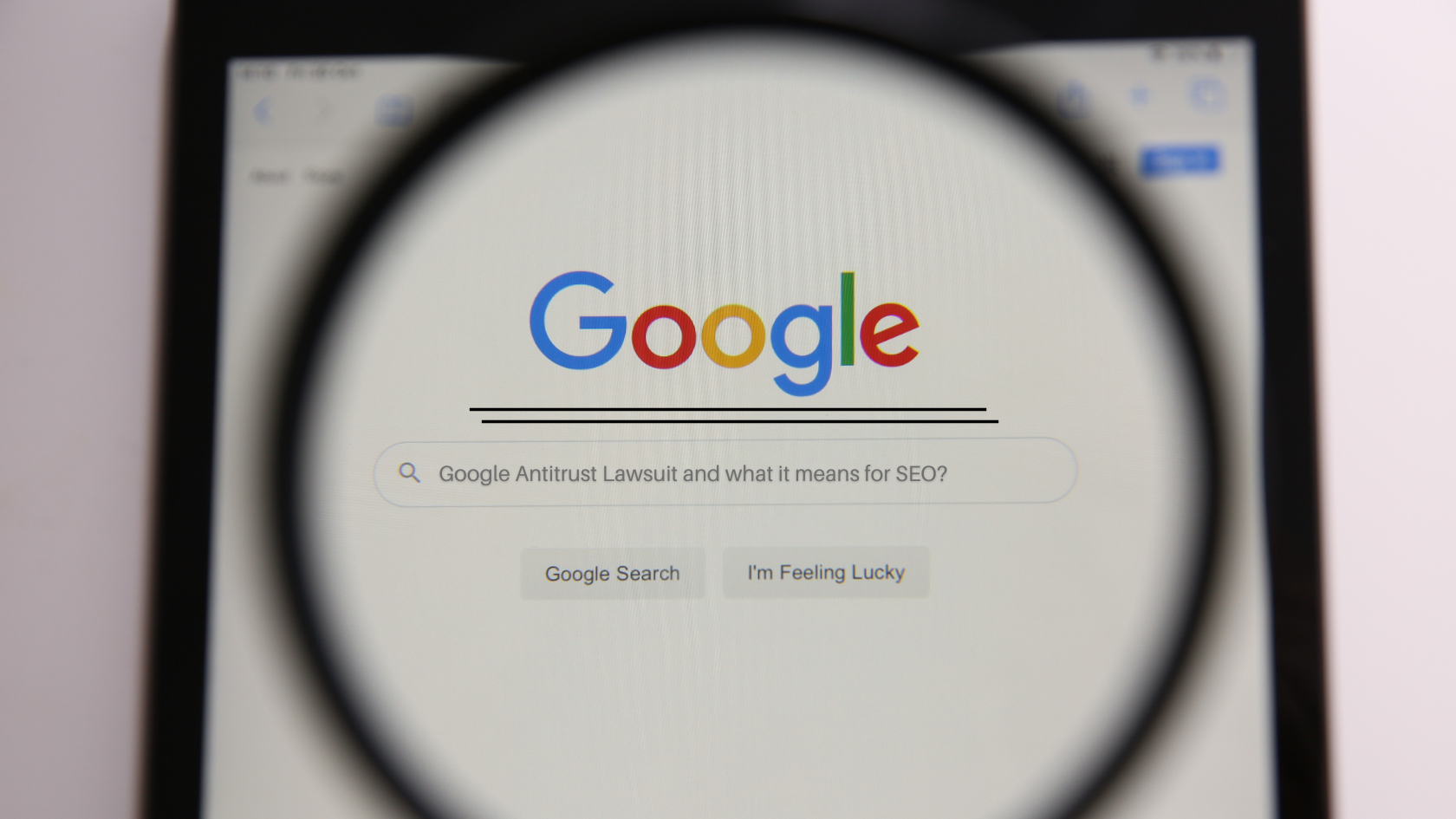Google Antitrust Lawsuit
What It Means for SEO and the Future of Search
In a move that has the potential to reshape the digital landscape, the US Department of Justice (DOJ) has taken legal action against Google. The DOJ is accusing the search giant of violating antitrust laws. This lawsuit is more than just a legal battle between a company and the government. For many SEO professionals, marketers, and businesses that depend on Google’s platform, it raises questions about the future of search. But not only search but digital marketing, and the tools they rely on for success. What does this mean for your SEO strategy, and how should you prepare for the possible changes? Let’s dive in to understand the broader implications. We will also explore potential outcomes, and discuss how to safeguard your efforts in this new era.
Understanding the Lawsuit
The heart of the lawsuit revolves around the accusation that Google has an unfair monopoly over search and search advertising. With roughly 81% of the search market share under its control, Google is by far the dominant player. And this dominance is what has attracted scrutiny from the DOJ. According to the DOJ, Google’s business practices, especially its exclusive deals to be the default search engine on devices like smartphones. And have stifled competition and limited innovation within the industry.
The DOJ’s case is that these agreements prevent other search engines from gaining any meaningful foothold. Thereby harming consumers and competitors alike. Google argues that its success is due to the quality of its product and not anti-competitive practices. The lawsuit suggests that without intervention, smaller competitors will struggle to survive. Let alone thrive, in a space that has been monopolized.
While these allegations are complex and subject to legal interpretation, the central concern is Google’s dominance. And that dominance in search has led to fewer choices for consumers and businesses. With little competition, Google holds immense power over the digital marketing landscape, including SEO.
What Does This Mean for SEO?
For SEO professionals, any shift in Google’s dominance could significantly impact how they work and strategize. Google has set the standard for search engine optimization for years. Its algorithm updates, such as Panda, Penguin, and Hummingbird, have forced businesses and marketers to adapt their practices continuously. A potential breakup of Google, or even the imposition of stricter regulations, could lead to massive changes. For instance, changes in how search results are ranked and displayed.
Changes in Algorithms and Ranking Factors
If the lawsuit results in increased competition, we could see a variety of new algorithms and ranking factors. These factors could be introduced by emerging search platforms. SEO professionals may need to start diversifying their efforts. Optimizing not just for Google but for alternative search engines that may rise to prominence if Google’s monopoly is broken.
-
- Increased Complexity in SEO – Optimizing content for multiple search engines may become more complicated, with different ranking signals and guidelines. While Google has set the bar high for quality content. Other search engines may prioritize different factors such as local relevance, speed, or visual content.
-
- A More Diversified Search Landscape – We may see more personalized or niche search engines coming into play. These new search engines will provide users with more varied results. For example, platforms focused on local search, visual search, or even privacy-first search engines like DuckDuckGo could gain market share.
This diversification could be both a challenge and an opportunity. On one hand, SEO professionals would need to learn new systems. But on the other, it could level the playing field, giving smaller businesses a better chance to compete. Historically, SEO has been all about optimizing for Google, but that mindset may soon need to expand.
The Role of Content in a Shifting Search Landscape
Regardless of what happens to Google, one thing remains clear: content will always be king. SEO has evolved beyond simply plugging in keywords to rank in search results. In the age of Google’s Quality Rater Guidelines, the focus has shifted toward delivering high-quality, user-centric content. Content that provides value to the reader.
If the lawsuit leads to increased competition in the search market, businesses and SEO professionals must continue delivering content that resonates. This content must seize their audience across multiple platforms.
For instance…
-
- Creating High-Value Content – Build content that is not simply search-optimized but genuinely helpful, informative, and aligned with user intent. High-quality content has been the driving force behind Google’s SEO success. And will remain crucial, no matter which search engine is dominant.
-
- Multimedia and Diverse Formats – As search engines evolve, there may be an increased focus on different types of content, including video, infographics, and podcasts. By diversifying your content strategy, you will stay ahead of potential shifts in how search engines evaluate relevance.
-
- User Experience and Engagement – With new search engines potentially entering the playing field, SEO will likely need more attention to user experience metrics. Such metrics as page load speed, mobile-friendliness, and dwell time.
Potential Outcomes of the Lawsuit
While the legal process may take years, several potential outcomes could shape the future of SEO and search:
1. Breakup of Google’s Search and Advertising Businesses
One of the most extreme outcomes could involve breaking Google into separate entities for search and advertising. If this happens, we might see a fundamental shift in how businesses approach SEO and paid search.
-
- SEO Strategy Impact – A breakup would potentially create a more competitive space. A space where SEO professionals need to optimize for multiple platforms that may have distinct ranking algorithms.
-
- Advertising Strategy Impact – With Google’s advertising arm separated, paid search may lose its tight integration with organic search. This loss will give a rise to new opportunities and challenges in both fields.
2. Increased Regulation
Stricter regulations could limit Google’s ability to control the search engine market but may not result in a breakup. This could involve increased transparency into how Google’s algorithms work or restrictions on its partnerships with other tech giants.
-
- SEO Transparency – More transparency might give SEO professionals a clearer picture to optimize their content. But it could also mean more competition as the playing field levels.
-
- Smaller Players Rising – Increased regulation could pave the way for smaller search engines to gain traction. Meaning SEO professionals must expand their efforts beyond Google.
3. Google Prevails
If Google wins the lawsuit, it may continue to dominate the search landscape. However, even in this scenario, the antitrust scrutiny may push the company to implement some changes voluntarily. Such as more openness in its advertising practices or search algorithms.
-
- Continued Google Dominance – SEO would likely remain Google-centric. But the lessons learned from the lawsuit could influence innovations and strategies within the industry.
What Can You Do Now?
The best way to prepare for potential changes in the search engine landscape is to focus on timeless SEO strategies. Meaning strategies that elevate the user. Here are a few key actions you can take to ensure you’re ready for any shifts:
-
- Diversify Your Traffic Sources – Don’t rely solely on Google for your organic traffic. Consider optimizing for alternative search engines such as Bing, Yahoo, and DuckDuckGo. Expanding into other marketing channels like social media, email, and content partnerships can safeguard your business. That is protecting the business from search engine volatility as well.
-
- Stay User-Centric – No matter what changes occur in the search landscape, one principle will remain – user experience and quality content are critical. Continue to produce valuable, well-researched, and engaging content that meets the needs of your audience.
-
- Monitor the Situation – Stay informed about the lawsuit’s progress and potential outcomes. Google’s antitrust battle is ongoing, and it will take time to see any major shifts. Keep an eye on industry news and adapt your strategy as the situation evolves.
Call to Action
The Google antitrust lawsuit is a developing story, and it’s essential to stay informed about the latest updates and implications. We invite you to join the conversation via email, info@TheDigitalHall.com. Share your thoughts on how this lawsuit could affect SEO and the future of search. Will it lead to a more diversified digital landscape, or will Google’s reign continue? Let’s discuss how to navigate these potential changes together.
By creating high-quality, user-centric content, staying up-to-date on the lawsuit, and preparing for potential shifts in the search engine landscape, you can safeguard your SEO efforts and be ready for whatever the future holds.
References
[1] US Department of Justice. (2020, October 20). Justice Department Sues Monopolist Google For Violating Antitrust Laws. Retrieved from https://www.justice.gov/opa/pr/justice-department-sues-monopolist-google-violating-antitrust-laws
[2] StatCounter. (2022). Search Engine Market Share. Retrieved from https://gs.statcounter.com/search-engine-market-share/
Quick Links
Call us:
804.857.3329
Email us:
info@TheDigitalHall.com
Visit us (by appointment only):
1011 East Main Street | Suite 210D | Richmond, Virginia 23219


